This issue becomes even more pressing as Europe stands firm in support of democracy, recognizing Edmundo González Urrutia as the legitimate president of Venezuela. It’s essential to reflect on how much of the press, labor organizations, human rights groups (like Argentina’s Grandmothers of Plaza de Mayo), political parties, and even intellectuals, artists, musicians, and teachers continue to deny and distort the reality of one of the most blatant dictatorships in America’s political history. How these events shape the future of Latin America and its relationship with the rest of the world—and the coherence of our education, culture, and social organization—is a matter that warrants serious discussion.
Quick Points:
-
Democracy Recognition: The European Parliament acknowledges Edmundo González Urrutia as Venezuela’s legitimate president.
-
Divergent Stances: AMLO, Lula, and Petro maintain tacit support for Maduro’s dictatorship, while Europe aligns itself with democratic values.
-
Political Consequences: The European Parliament's decision raises questions about the legitimacy of certain Latin American leaders’ support for authoritarian regimes, especially given the lack of active intervention mechanisms when ideology and fanaticism run rampant. Meanwhile, Maduro continues to torture people, more Venezuelans flee their homeland (8.5 million have already left), and poverty rates rise.
-
Is acknowledging Venezuela as a global horror tantamount to admitting that Cuba is also a problem, with no action taken to address either situation? Does recognizing these injustices imply that other nations share similar fates, and do certain ideologies become more aligned with these realities? Should we not recognize that some ideologies are fundamentally misguided, regardless of how freedom of thought is distorted by denial and blind biases?
-
Before outright denial, shouldn’t we reconsider and redesign our ideas today? What else needs to happen? How much more will fanaticism distort the discourse?
The New Europe: An Ally of Democracy… But Do Most Countries Not Uphold the Genuine Results for Edmundo González?
The recent vote in the European Parliament, which recognized Edmundo González Urrutia as Venezuela’s legitimate president, marks a milestone in international politics. With 309 votes in favor and 201 against, this measure, driven by the European People’s Party and the Conservatives and Reformists, highlights a break from the political isolation many forces had aligned against authoritarian regimes.
Implications of Recognition:
-
Criminalization of Maduro: The European Parliament has also called for an international arrest warrant against Nicolás Maduro for crimes against humanity, a move that could have serious repercussions for the Venezuelan regime.
-
Parliamentary Division: The response from leftist blocs like S&D and the Greens, who rejected the measure, showcases internal divisions in Europe regarding how to deal with dictatorships in the Americas.
-
Acting as coherent nations united by justice, peace, and democracy in the face of evidence—is that a failure of freedom and respect for sovereignty? Or does inaction support the absence of freedom? Is this a matter of jurisprudence and international law? Is it a situation exploited by dictatorial powers, fueled by ideological fanaticism?
-
We can draw real-life examples of how law enforcement intervenes in private properties when there’s evidence of abuse. What about the overwhelming evidence from Venezuela? Is the strategy to deny? Are there no mechanisms? Would using them and presenting the evidence provoke reactions from other powers or nations that are equally dictatorial or aspire to be?
-
To deny that this issue has ensnared the world for a long time is like denying the sunrise each day—because everything revolves around this key issue.
-
Business, politics, economic models, education, production, culture, migration, social organization, laws—all orbit around two concrete bases and their resulting mediation, balance, exaggerations, or the most troubling indifference and inaction regarding both.
-
Control, Power Concentration, Collectivism, Uniformity, Order, Statism, Scalability, Supply, Standardization, Maintenance, Uniqueness.
-
Freedom, Power Distribution, Individualism, Equity, Differentiation, Coordination, Cooperation, State Service, Added Value, Merit Cycle, Uncertainty, Competitiveness.
Latin America: A Divided Path
While Europe stands firm in support of democracy, leaders like AMLO, Lula, and Petro seem to be heading in the opposite direction. Their backing of Maduro's dictatorship raises questions about the political trajectory of Latin America and its commitment to democratic principles.
-
The Role of AMLO, Lula, and Petro:
-
AMLO: The Mexican president has maintained an ambiguous stance, often shying away from openly criticizing Maduro. His focus on non-intervention has led to scrutiny regarding his commitment to democracy.
-
Lula: Although he has recently voiced concerns about the situation in Venezuela, his historical ties to Chavismo and defense of Maduro have cost him credibility.
-
Petro: The Colombian president has taken a dialogue-driven approach, but his closeness to figures within the Venezuelan regime has sparked doubts about his commitment to democracy in the region.
4)Meanwhile, countries like Panama, Argentina, Uruguay, Paraguay, El Salvador, and Chile are staunchly defending democracy and pushing for peace in Venezuela.
5) What about the USA? That’s a topic we’ll dive into today. Are both political parties pushing for Maduro's ousting? It’s crucial not just for the economy of the Americas but also for upcoming elections in the USA.
The Democratic Resistance in Venezuela
Amidst this landscape, figures like María Corina Machado are emerging as leaders of the democratic resistance. Her recognition by the European Parliament and role as a leader of democratic forces in Venezuela are key to understanding the fight for freedom in the country.
The Impact of the European Parliament
The European Parliament's decision is not just symbolic; it could sway international policy and pave the way for tougher sanctions against Maduro’s regime. It clearly distinguishes between leaders who support democracy and those who align with authoritarian regimes.
Understanding the Dynamics
Why is Edmundo González Urrutia’s recognition important?
-
This acknowledgment represents a significant step toward legitimizing the democratic opposition in Venezuela, sending a clear message to other authoritarian regimes in the region. By recognizing González Urrutia as the legitimate president, the European Parliament reinforces the idea that democracy should triumph over tyranny, potentially inspiring democratic movements in other countries.
How does this situation affect Latin America's relationship with Europe?
-
The relationship is becoming more complex as divergent positions emerge. While Europe aligns with democratic values, some Latin American leaders supporting Maduro may find themselves isolated from a bloc that seeks to promote freedom and human rights. This dichotomy could impact trade agreements, collaborations, and Europe’s perception of the region.
What consequences could AMLO, Lula, and Petro's support for Maduro have?
-
Backing an authoritarian regime could erode their credibility both nationally and internationally. As the global community leans toward defending democracy, those aligning with dictatorships may face sanctions, diplomatic isolation, and loss of popular support at home.
Appealing to the Sense of Justice:
Defending democracy and human rights can resonate deeply with voters' emotions. Leaders who align with these values tend to gain popular support.
Visualizing Positive Outcomes:
Showcasing the benefits of a free and democratic Venezuela can motivate both Venezuelan citizens and the international community to support change.
-
Today’s international politics present a complex landscape where geopolitical interests, ideologies, and emotions play crucial roles. The European Parliament's recognition of Edmundo González Urrutia signals that the international community is ready to back democracy and freedom. Meanwhile, the stance of Latin American leaders like AMLO, Lula, and Petro highlights the need for an ethical debate about the role of politics in defending human rights.
A Call to Action
It’s essential for citizens of Latin America to maintain a critical stance toward their leaders and demand genuine commitment to democracy. History has shown us that oppression isn’t fought with indifference but through active participation and defending our fundamental rights.
Tips for Reflection
-
Stay Informed: Keep up with political decisions both at home and abroad.
-
Get Involved: Join movements that promote democracy and human rights.
-
Discuss: Talk with friends and family about the importance of democracy and the dangers of tyranny, understanding that a free world should be grounded not in control, but in a vibrant culture of exercising freedoms.
Sign Up for Free: Register and receive our newsletter by simply leaving your email and name here. (https://infonegocios.miami/suscribite-al-newsletter)
IG: @infonegociosmiami
Infonegocios RED: 4.5 million Anglophone Latinos reading business news daily.
Contacts: [email protected] or [email protected]
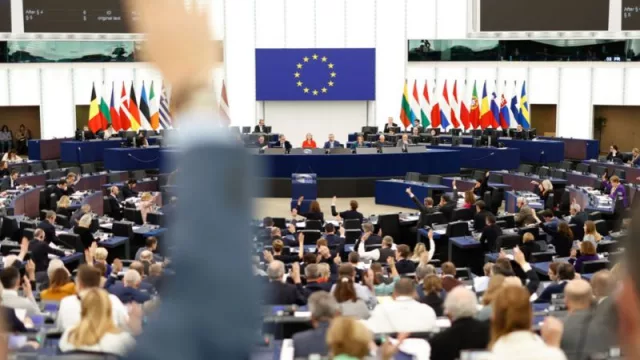

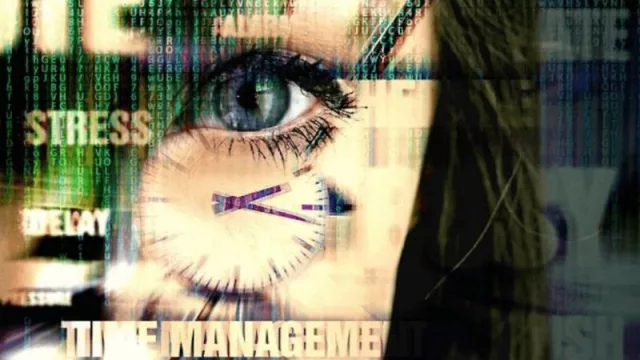
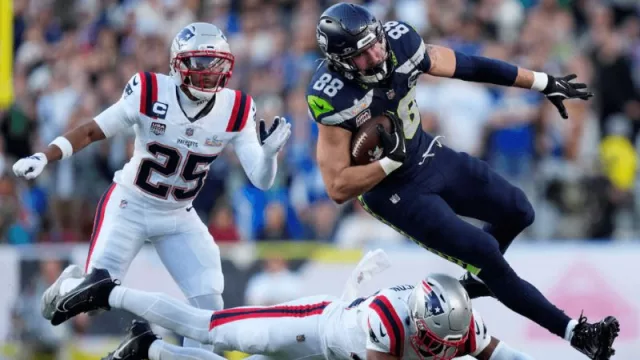
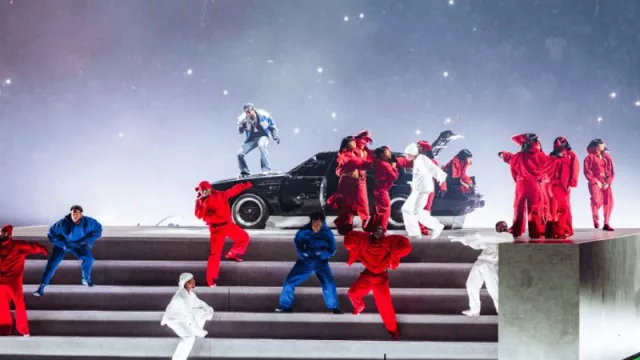


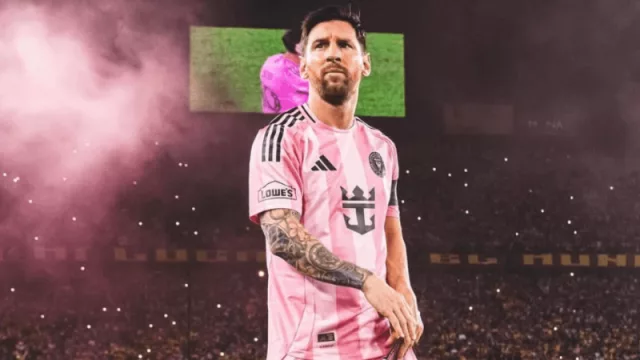


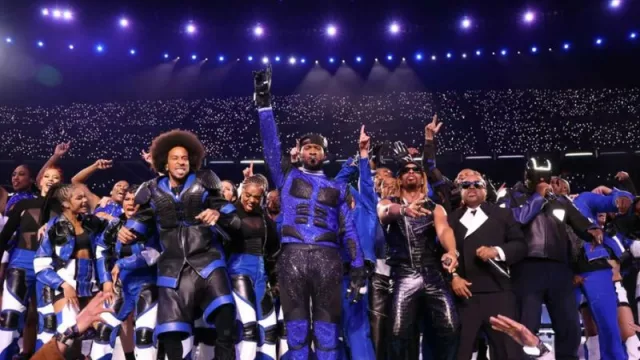

Tu opinión enriquece este artículo: